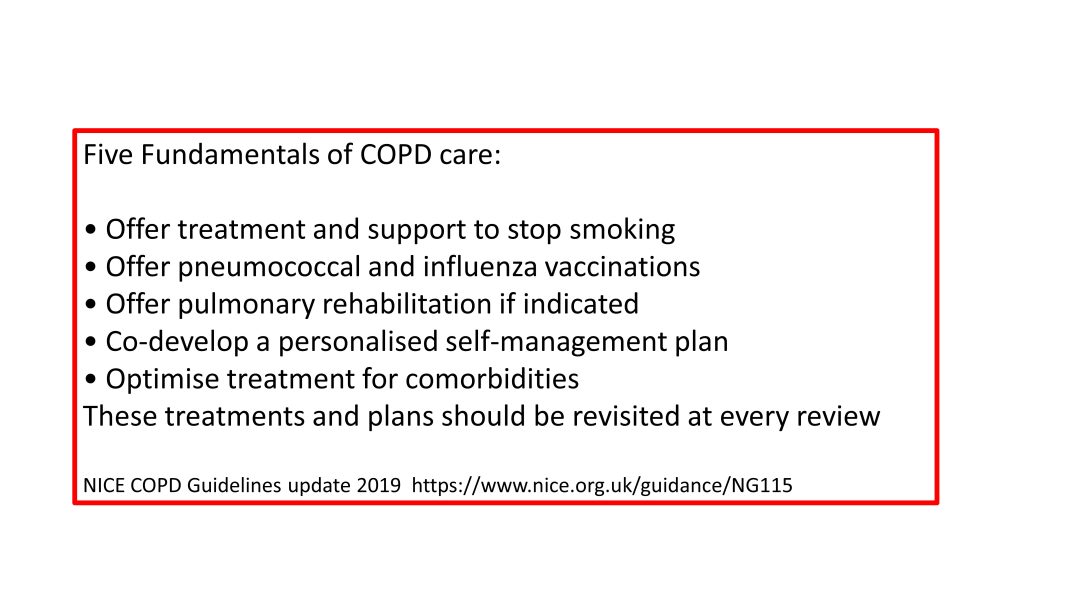 Steward Health Care, the largest physician-led hospital operator in the United States, has filed for bankruptcy and is currently seeking a financing deal to restructure its business. The company blames its financial struggles on various factors, including insufficient reimbursement from Medicaid and Medicare programs, inflation, and high labor costs. Steward owns and operates 33 community hospitals across nine states, employing over 40,000 people.
Steward Health Care, the largest physician-led hospital operator in the United States, has filed for bankruptcy and is currently seeking a financing deal to restructure its business. The company blames its financial struggles on various factors, including insufficient reimbursement from Medicaid and Medicare programs, inflation, and high labor costs. Steward owns and operates 33 community hospitals across nine states, employing over 40,000 people.
To secure funding during the bankruptcy process, Steward is negotiating a debtor-in-possession (DIP) financing arrangement with Medical Properties Trust (MPT). DIP financing allows companies to raise capital to fund operations while undergoing bankruptcy proceedings. Lenders who provide DIP financing have priority over existing debt holders and equity holders. Steward is seeking an initial funding of $75 million and additional funds of $225 million.
Despite the bankruptcy filing, Steward assures that its day-to-day operations will continue without interruption. The hospitals, medical centers, and physician’s offices will remain open, serving patients and the community as usual. Dr. Ralph de la Torre, CEO of Steward, acknowledges the challenging environment and states that the company has taken all necessary measures to continue operating. However, filing for Chapter 11 restructuring is seen as the best course of action to protect the interests of employees, patients, physicians, and communities.
Steward’s financial troubles can be traced back to its acquisition by Cerberus Capital Management in 2010. The rebranding as Steward followed the purchase of the financially distressed hospital system Caritas Christi. In 2016, Steward entered into a sale-leaseback agreement with Medical Properties Trust for its hospitals in Massachusetts. This agreement resulted in Steward facing significant rent obligations each year, adding to its financial burden.
The Massachusetts administration has activated its “Emergency Operations Plan” to ensure patient safety and protect access to care in light of Steward’s financial challenges. Monitors from the state’s Department of Public Health have been assigned to Steward hospitals to assess their supplies, equipment, and staffing. This is particularly crucial as 70% of hospital patients at Steward’s Massachusetts facilities are covered by Medicaid and Medicare. The closure of these hospitals could pose challenges for vulnerable populations.
Senators Elizabeth Warren and Edward J. Markey have called on Medical Properties Trust and Macquarie Infrastructure Partners (MIP) to help stabilize Steward’s facilities in Massachusetts. Both investors have collected substantial lease payments from Steward, contributing to the company’s financial decline. The senators argue that these investors must play a role in the recovery of the hospitals to preserve access to care for communities in Massachusetts.
In conclusion, Steward Health Care’s bankruptcy filing highlights the financial challenges faced by the healthcare industry, particularly amid the COVID-19 pandemic. The company’s goal is to restructure its business and continue providing necessary care to patients without disruption. The involvement of investors like Medical Properties Trust and Macquarie Infrastructure Partners will be crucial in stabilizing Steward’s facilities and ensuring access to care for vulnerable populations.


